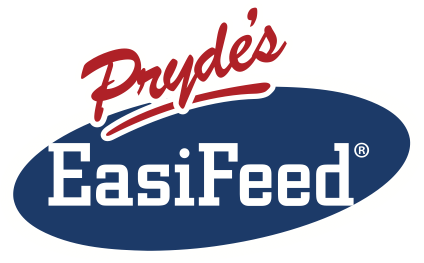A horse feed should ALWAYS meet a horse's requirements when fed at the recommended rate. If a horse feed company doesn't provide a full analysis there will be a fair chance that the manufacturer doesn't know or they don't want you to know.
What is the easiest thing to do? Just ask that horse feed manufacturer.
How Digestible is your horse feed?
How digestible is your horse feed? With a large focus of quality at Pryde's EasiFeed, this is a major part of what we try and educate people about in the equine industry. Having a highly efficient feed with quality ingredients is ALWAYS going to be a benefit to your horse. In this video we breakdown:
0:11 How digestible is a feed - with most of the energy in grains which is contained in the starch, horses cannot fully digest starch from uncooked (raw) grains in the small intestine which results in this starch traveling into the hindgut where it will ferment causing hindgut acidosis. The solution? Is to 'cook' the grains which makes the starch easy to digest.
6:18 Why do we extrude grains - a visual explanation with WHY starch is so difficult to breakdown when looking at a uncooked (raw) grain and the comparison of starch digestion between uncooked ~15%, micronised ~35% and extruded corn ~75%.
Does the horse feed contain high quality protein
If you are wanting to know WHY having a quality protein in your horses diet is so important. Dr Nerida Richard explains:
0:10 what protein is and what does it mean to have a high and low quality protein in your horse's diet.
4:34 through a visual example how essential and non-essential amino acids are used by the horse to build muscle protein.
11:57 what the difference is between a high and low quality protein when looking at the most limiting essential amino acids Lysine and Methionine.
